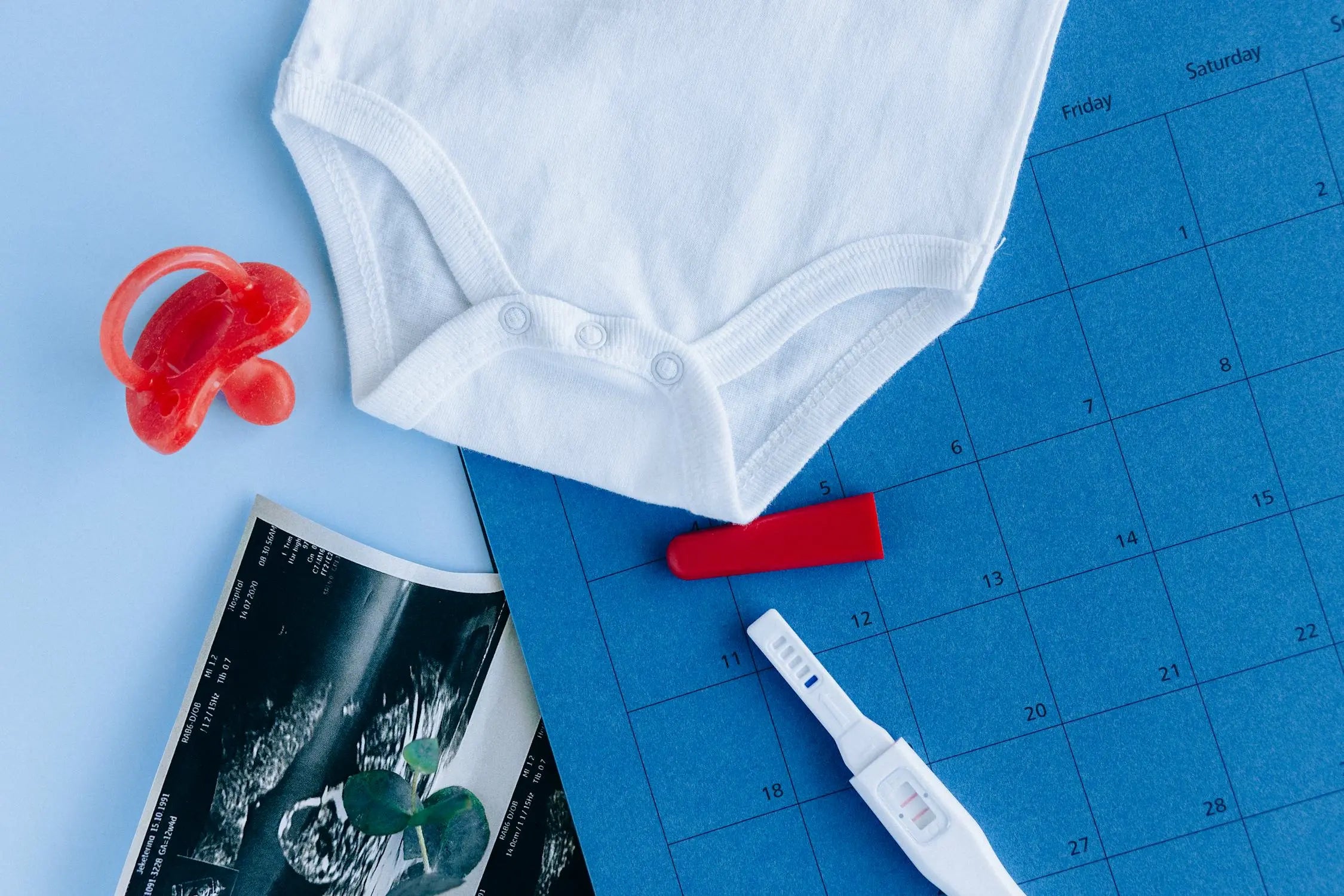Startseite
Pregnancy, Breastfeeding, and Pumping: The Ultimate Guide for Moms
What the Best Time to Take a Pregnancy Test

What the Best Time to Take a Pregnancy Test
Understanding the Basics of Pregnancy Tests
Pregnancy tests are designed to detect the presence of the hormone human chorionic gonadotropin (hCG) in your urine. This hormone is produced by the placenta shortly after a fertilized egg attaches to the uterine lining. The levels of hCG increase rapidly in the early stages of pregnancy, making it a reliable marker for pregnancy detection.
Most home pregnancy tests claim to be highly accurate, but the timing of when you take the test can significantly impact the reliability of the results. Taking the test too early or at the wrong time of day can lead to false negatives or inconclusive results.
When Is the Best Time to Take a Pregnancy Test?
The best time to take a pregnancy test is typically after you have missed your period. This is because hCG levels are usually high enough to be detected by most home pregnancy tests at this point. However, some tests are more sensitive and can detect lower levels of hCG, allowing you to test a few days before your expected period.
For the most accurate results, it is recommended to take the test in the morning, as your urine is more concentrated after a night's sleep. This increases the likelihood of detecting hCG if you are pregnant. If you take the test later in the day, make sure you have not consumed large amounts of fluids, as this can dilute your urine and potentially affect the test's accuracy.
Factors Influencing the Accuracy of Pregnancy Tests
Several factors can influence the accuracy of a pregnancy test, including the sensitivity of the test, the timing of the test, and how well you follow the instructions. Some tests are designed to detect lower levels of hCG, making them more sensitive and able to provide accurate results earlier in the pregnancy.
It's also important to consider the timing of ovulation and implantation. Ovulation occurs when an egg is released from the ovary, and implantation happens when the fertilized egg attaches to the uterine lining. These events can vary from woman to woman, affecting when hCG levels rise and when a pregnancy test can detect them.
How to Maximize the Chances of Accurate Results
To maximize the chances of getting accurate results from a pregnancy test, follow these tips:
- Wait until after you have missed your period to take the test.
- Use the first urine of the day, as it is more concentrated.
- Read and follow the instructions carefully.
- Check the expiration date of the test to ensure it is still valid.
- Avoid drinking excessive fluids before taking the test.
If you receive a negative result but still suspect you might be pregnant, wait a few days and test again. hCG levels double every 48 to 72 hours in early pregnancy, so waiting a few days can make a significant difference in the test's ability to detect the hormone.
What to Do If You Get a Positive Result
If your pregnancy test comes back positive, it is important to confirm the result with a healthcare provider. They can perform a blood test or ultrasound to confirm the pregnancy and provide you with the necessary care and guidance.
It's also a good idea to start taking prenatal vitamins and make any necessary lifestyle changes to support a healthy pregnancy. Early prenatal care is crucial for the health of both the mother and the baby.
What to Do If You Get a Negative Result
A negative result can be disappointing, especially if you are trying to conceive. However, it's important to remember that a negative result does not always mean you are not pregnant. If you tested too early, your hCG levels may not have been high enough to be detected.
If you continue to experience pregnancy symptoms or your period does not start, consider testing again in a few days. If you consistently receive negative results and are concerned about your fertility, consult a healthcare provider for further evaluation.
Common Myths About Pregnancy Tests
There are several myths surrounding pregnancy tests that can lead to confusion. One common myth is that all pregnancy tests are the same. In reality, the sensitivity of the test can vary, affecting when it can detect pregnancy.
Another myth is that a faint line on a pregnancy test means you are not pregnant. A faint line usually indicates the presence of hCG, meaning you are likely pregnant. However, it's always a good idea to confirm with a healthcare provider.
When to Seek Medical Advice
If you have taken multiple pregnancy tests with conflicting results, or if you are experiencing unusual symptoms, it is important to seek medical advice. A healthcare provider can perform additional tests to determine whether you are pregnant and address any concerns you may have.
Additionally, if you have been trying to conceive for a year without success (or six months if you are over 35), it may be time to consult a fertility specialist. They can help identify any underlying issues and provide guidance on the best course of action.
Understanding the best time to take a pregnancy test can make a significant difference in the accuracy of your results. By following the tips and information provided in this article, you can increase your chances of getting reliable results and take the necessary steps to support your health and well-being.
Teilen
